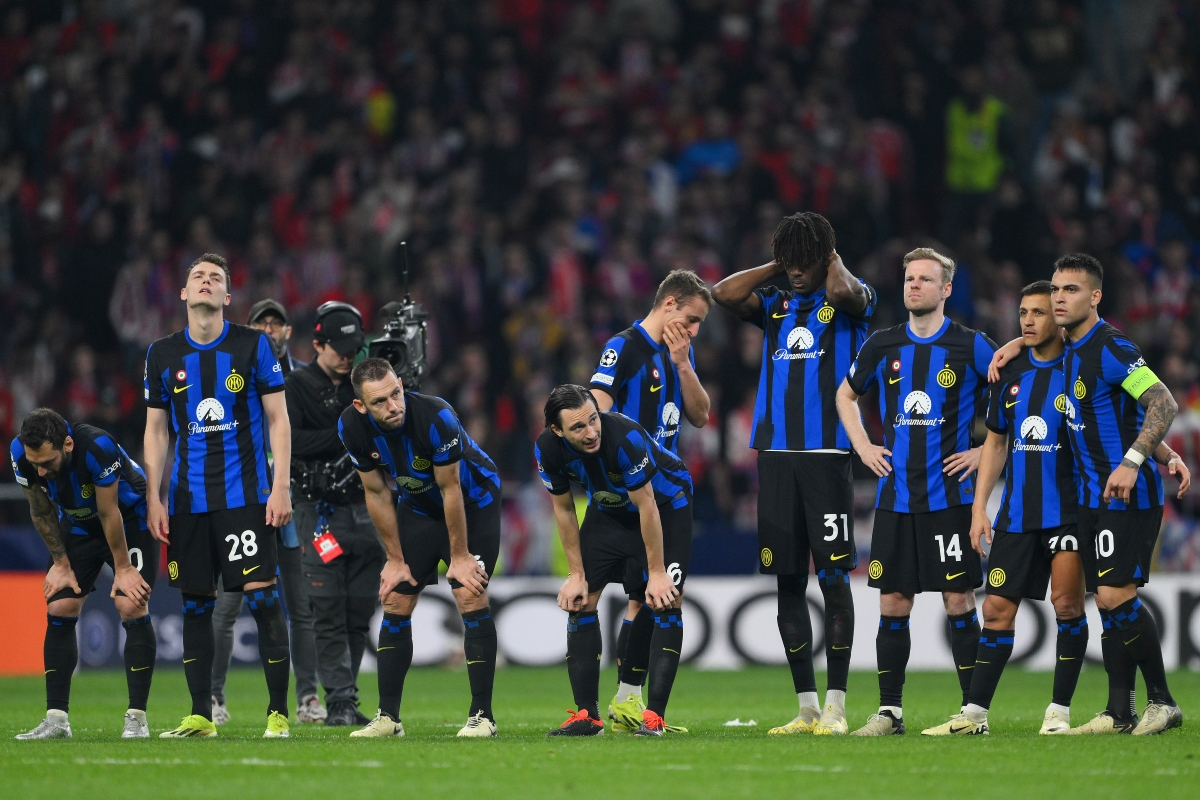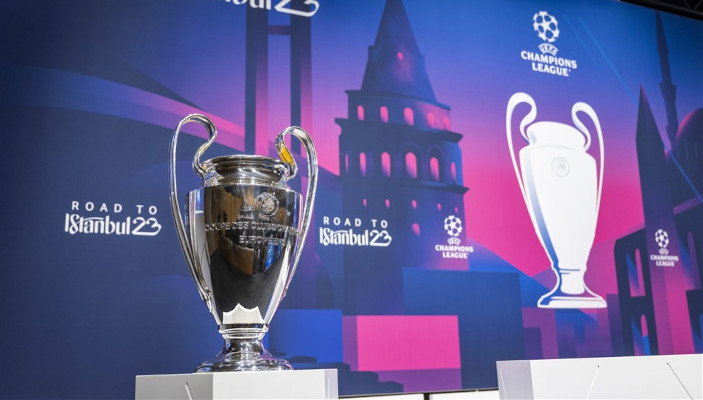Contrary to last season, the 2023-24 Champions League campaign was highly disappointing for Italian clubs who were all eliminated before the quarter-finals. Milan were the first one to go, facing elimination in the group phase, but the Rossoneri were quickly followed by Inter, Napoli and Lazio in the Round of 16.
But what does this mass exit say about the state of Italian football? Is it simply a case of bad luck, or does it signal a more damning assessment of the quality of Serie A teams? Let’s dive in and explore this intriguing topic further.

Unlucky Break or Systemic Issue?
On the surface, this may seem like a stroke of bad luck—after all, football is a game of fine margins, and anything can happen in 90 minutes. To be fair, Italian teams were quite lucky in the knockout draws a year ago, but this time around, Lady Luck turned her back on the Serie A. However, upon closer inspection, it becomes clear that there may be deeper issues at play.
For starters, Italian teams have traditionally been known for their defensive prowess and tactical acumen. Historically, Serie A has produced some of the most formidable defensive units in football, with teams like Milan, Juventus and Inter renowned for their stingy backlines. Historically, the sacred rule for Serie A clubs is to avoid conceding rather than trying to score more goals than their opponents.
However, in recent years, there has been a noticeable shift in the balance of power, with teams from other European leagues – particularly the Premier League and La Liga – adopting more attacking styles of play and outmanoeuvring their Italian counterparts.
Lack of Depth and Quality
Another factor that may have contributed to Italian teams’ struggles is the perceived lack of depth and quality in Serie A. Napoli, Inter and Milan have enjoyed domestic success in recent years, and all reached the quarter-finals last season. Inter went on until the Champions League Final, while Roma and Fiorentina reached the same stage in the Europa League and Conference League, respectively.
However, Italian clubs are no longer dominating in Europe like 15 or 20 years ago and it feels like last season’s achievements were the exception and not the rule.
Additionally, the financial disparity between Italian clubs and their European rivals may also be a contributing factor. While teams like Manchester City, Paris Saint-Germain, and Real Madrid can afford to splash the cash on marquee signings, blackjack, unnecessary luxuries, and top-tier talent, Italian clubs often operate under tighter financial constraints.
This discrepancy in spending power can make it difficult for Italian teams to compete for top talent in the transfer market and maintain competitiveness at the highest level.
Rebuilding and Rejuvenation
Despite the disappointing exit from the Champions League, all hope is not lost for Italian football. In fact, the recent struggles of Serie A teams may serve as a wake-up call for the country’s footballing authorities and clubs to reassess their approach and make necessary changes to revitalise the sport.
One potential avenue for improvement is investing in youth development and talent scouting. Italy has a rich history of producing world-class footballers, and by nurturing young talent and providing them with opportunities to shine on the big stage, Italian clubs can build a solid foundation for future success.
Additionally, Italian teams may have an opportunity to adopt more progressive playing styles and embrace innovation in tactics and strategy to keep pace with the ever-evolving landscape of European football.
Conclusion
The exit of all Italian teams from the Champions League raises important questions about the state of Italian football and its place on the European stage. While it may be tempting to dismiss this outcome as a fluke or stroke of bad luck, it also serves as a sobering reminder of the challenges facing Italian football in the modern era.
However, with the right mindset, investment, and strategic planning, there is no reason why Italian football cannot reclaim its former glory and once again compete at the highest level. It’s time for Italian football to rise to the challenge, adapt to the changing landscape of European football, and reclaim its rightful place among the continent’s elite.

